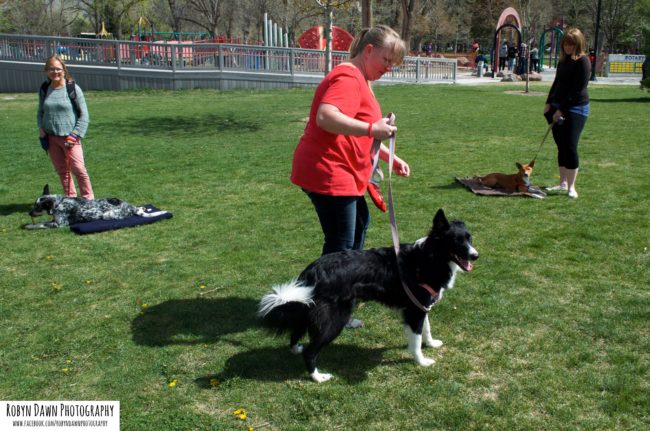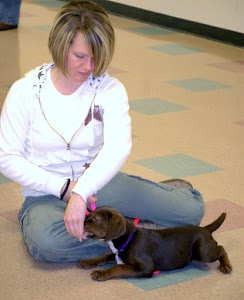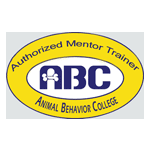Four Legged Scholars – Dog Trainers – Salt Lake City
Do you feel stressed because training seems to take so long? This is a common thought and stress. We want to help you make the training process as fast and fun as possible.
Many dog trainers (Salt Lake City) will not tell you about the factors that affect your success rate in training your dog. We wanted to share this with you because we want you to reach your goals and have fun reaching them.
Your Rate of Success Depends on the Following:
1.) How often you train your dog with the homework you need to complete for the commands you want to train. If you practice a few times a week, your progress will probably be much slower than someone that trains multiple times everyday.
At Four Legged Scholars LLC, Dog Trainers, Salt Lake City we will give you specific and clear assignments.
2.) How fast your dog learns. Some dogs learn quickly and other dogs learn a bit slower. This generally has nothing to do with a dog’s intelligence. It usually has to do with how stress the dog becomes.
The more stress or anxiety your dog has, the longer it will generally take him to learn. If his stress is minor, he progress may happen faster.
3.) How long your training sessions last. If you are given homework involving systematic desensitization it is best to have sessions last at least 20 minutes in length. Shorter sessions may result in slower progress.
4.) Are you doing well with management? If you are constantly subjecting your dog to the stressful triggers and your dog is reacting (barking, lunging, whining, etc.) then this old behavior will win.
You can train an alternate good behavior but if your dog is practicing the old behavior often than your progress will be slow or may never happen.
5.) Do you end sessions on a positive note? If you keep ending sessions when your dog is reacting and is stressed, it will be harder for your dog to learn. This one is very important. In reward-based dog training, it is well known among dog trainers. Salt Lake City dog owners will want ingrain this one in their in minds especially if they are dealing with a aggressive or fearful dog.
6.) If you need to work around other dogs and people, you need to enroll dogs and people that can help be a decoy in the training. If the decoy dogs are barky and obnoxious, they are not good candidates.
If the people cannot follow directions then they are not good candidates. Finding good candidates / decoys are crucial to your success.
7.) Are you able to work at the pace of your dog rather than pushing your goals onto your dog? It does no good to pressure your dog.
You need to work at your dog’s pace. Make sure your dog has fully integrated the step you are on and that your dog is feeling relaxed before moving to a harder / more stressful level.
Make sure you enjoy the journey rather than being attached to the destination.
8.) Ask questions with dog trainers. Salt Lake City has many dog trainers that can help you. Please stick with a trainer that offers reward based only dog training. If you don’t understand how to do the training or things don’t make sense ask me. Not asking questions results in assumptions, which will damper your progress.
9.) If you are determined to create progress, you will create faster progress. If you are constantly a victim of your dog’s reactivity, then your progress will be slower.
10.) Having a positive mind set that constantly sees the goals that you are wanting to create, will result in faster progress.
11.) Tracking your progress creates success. Science has proven that you will get results faster if you write down and track your progress. At Four Legged Scholars LLC, Dog Trainers, Salt Lake City we love using Trello to track training progress.
13.) You will have faster progress if you can shift quickly to a solution when a problem arises. If you stop practicing for days because things don’t go as planned then you damper progress.
You need to re-evaluation what you can do differently to keep moving forward in a positive direction
14.) After you are done working with your trainer, you still keep doing your homework and keep training your dog with the tools you learned.
We have had dogs that have shown significant changes in behavior in just 1-3 months. Some dogs and owners take 6 months to 2 years before a huge significant change will occur. You must be determined and keep moving forward to get progress.
Happy Training!
Johanna Teresi and Alyssa Giles, Four Legged Scholars LLC, Dog Trainers, Salt Lake City
Contact us and tell us about your dog






















0 Comments